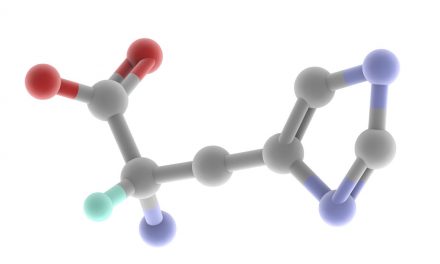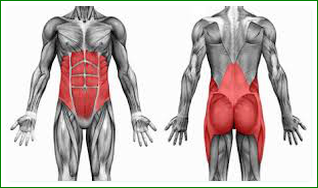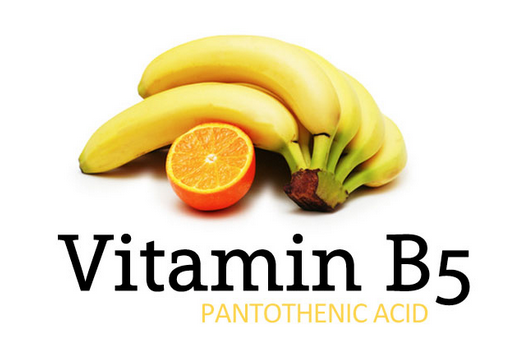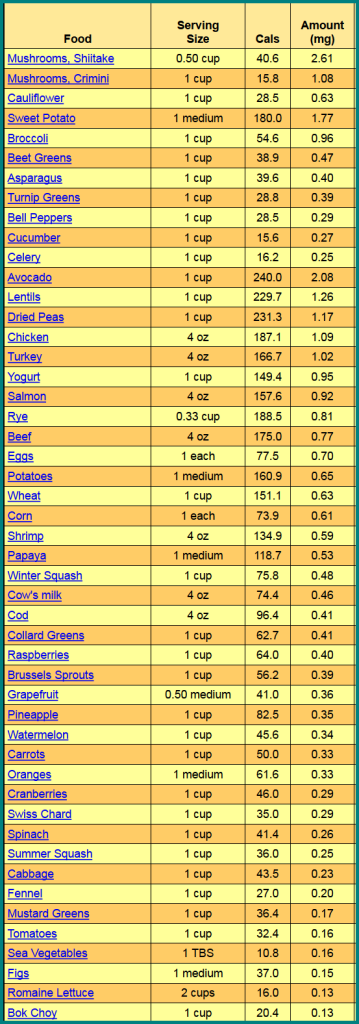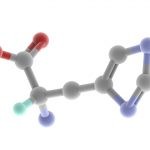Vitamin B5 (pantothenic acid)
Pantothenic acid is a vitamin, also known as vitamin B5.
It is widely found in both plants and animals including meat, vegetables, cereal grains, legumes, eggs, and milk. Pantothenic acid is an essential nutrient because we require pantothenic acid to synthesize coenzyme-A (CoA), which occupies a central place in energy metabolism, acting to allow carbohydrates, fats, and proteins to be burned as fuel sources.
In addition to playing a role in the breakdown of fats and carbohydrates for energy, vitamin B5 is critical to the manufacture of red blood cells, as well as sex and stress-related hormones produced in the adrenal glands (sit atop the kidneys). Vitamin B5 is also important in maintaining a healthy digestive tract, and it helps the body use other vitamins, particularly B2 or riboflavin.
Your body needs pantothenic acid to synthesize cholesterol, which acts as a building block for key hormones that guide metabolic processes.
A certain amount of cholesterol is critical for health since many types of cells require cholesterol in their membranes and cholesterol is also required for the production of certain hormones and vitamin D production.
Dietary Sources
Pantothenic acid gets its name from the Greek root pantos, meaning “everywhere,” because it is available in a wide variety of foods. A lot of vitamin B5 is lost when your food is processed, however. Fresh meats, vegetables, and whole unprocessed grains have more vitamin B5 than refined, canned, and frozen food. The best sources are brewer’s yeast, corn, cauliflower, kale, broccoli, tomatoes, avocado, legumes, lentils, egg yolks, beef (especially organ meats such as liver and kidney), turkey, duck, chicken, milk, split peas, peanuts, soybeans, sweet potatoes, sunflower seeds, whole-grain breads and cereals, lobster, wheat germ, and salmon.
Deficiency
Pantothenic acid deficiency is exceptionally rare and has not been thoroughly studied. In the few cases where deficiency has been seen (victims of starvation and limited volunteer trials), nearly all symptoms can be reversed with the return of pantothenic acid.
Symptoms of deficiency are similar to other vitamin B deficiencies. There is impaired energy production, due to low CoA levels, which could cause symptoms of irritability, fatigue, and apathy. Additional symptoms could include restlessness, malaise, sleep disturbances, nausea, vomiting, and abdominal cramps.

